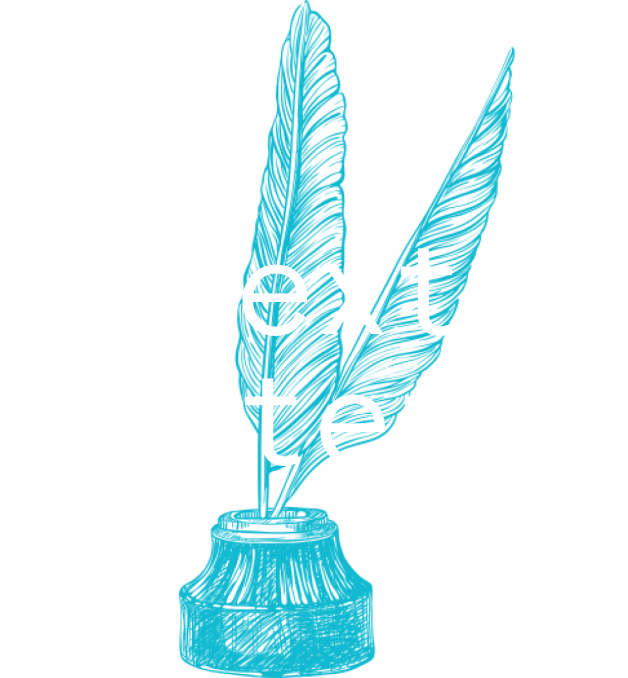December 6, 2010
brave new digital world (number 3,782 in a series)
Craig Mod on how the digital world changes books: The biggest change is not in the form stories take but in the writing process. Digital media changes books by changing the nature of authorship. Stories no longer have to arrive fully actualised. On the simplest level, books can be pushed to e-readers in a Dickensian chapter-by-chapter...
